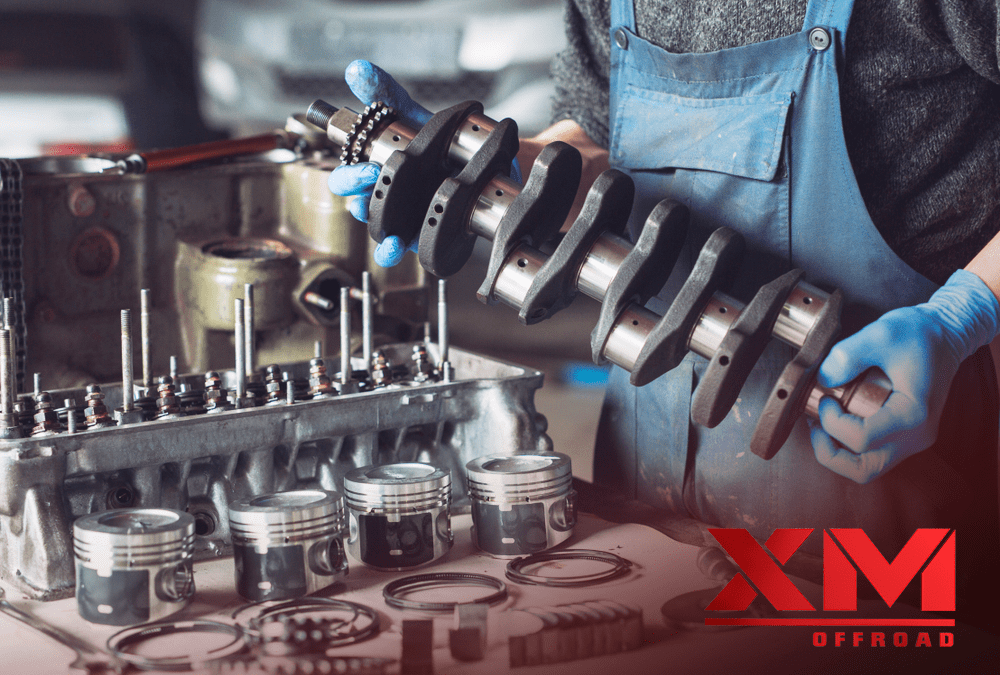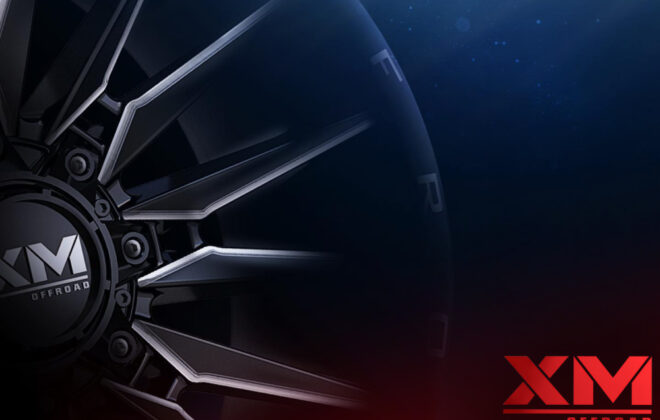
Buying a Rebuilt Engine? Here are the 3 Benefits
Here’s a scenario for you to consider. The engine is making a peculiar “knocking” or “pinging” noise, or your check engine light is blinking, or your oil pressure has suddenly plummeted. You’ve brought it to your mechanic, who has informed you that the engine must be replaced. So, what exactly do you do? Your initial thought could be, “How am I going to finance another car?”
Your vehicle’s engine comprises many moving parts that are exposed to extreme temperatures and pressures frequently, which, not surprisingly, could display signs of damage after 100,000 miles. However, this timeframe could be considerably reduced if your car is not treated correctly or gets very hot inordinately.
What to Looking for While Buying a Rebuilt Engines?
There are a lot of junkyard scammers out there. Take a couple of minutes to look them out before buying anything from a junkyard. Examine any available information, such as credentials, honors, and reviews.
Ensure you’re working with a respectable firm rather than a couple of men selling car parts out of their garage.
Use your common sense and keep an eye out for any red signals. For example, if a price or deal appears too good to be true, it most likely is. Here are a few things that you need to keep in mind.
1. Engine’s Mileage, and How Old Is It?
Its mileage influences the engine’s life expectancy. Although engines with a higher mileage cost less, they would not last as long.
Your ideal vehicle will cover around 15,000 miles each year.
Read Also: 11 Tips To Boost Your Vehicle’s Fuel Mileage
2. Is It Tested or Not?
When a car is totaled due to a collision, the engine is frequently still in excellent condition. However, this is not always the case. Significantly if the car was damaged from the front and if there was a fire underneath the hood.
There are two methods for determining the engine’s condition. First, you may buy the engine, install it, and test it to see whether it works. Alternatively, you may purchase a proven engine. The second technique is simpler.
Engine testing can be accomplished in two ways. The first step is to do a run test. A trained mechanic may accomplish this by starting the engine and testing it, whether it’s on a stand or still linked to the car.
A compression test is the second approach. You can go for this test when the automobile won’t start and can provide a lot of information about the engine’s condition.
Before buying an engine, inquire about testing, especially if you’re buying one without a guarantee.
3. What’s the Warranty?
You don’t want to buy a secondhand engine that doesn’t come with a warranty. Make sure to inquire about any warranty terms.
Then make sure you have this information written down. If it’s written on the bottom of your receipt, keep it!
This manner, if something goes wrong with the engine after it’s installed, you’ll be able to return it. Don’t trap yourself with a non-functioning engine.
Car Repair Experts have mentioned a few alternatives when it comes to serious engine repairs:
1) Purchase A New Automobile.
Because of the broken engine, the worth of your trade-in (current car) has decreased. Therefore, if you buy a secondhand car with a used engine, you may be buying a car with “unknown and potentially costly” maintenance concerns. In addition, new automobiles are costly.
2) Patch job.
Depending on the sort of engine damage, you may want to consider repairing it. However, this is generally costly, and there is no assurance that yet another engine failure will not occur.
3) Used/Junkyard Engine.
You may replace your engine with one from another car. The disadvantage is that you do not know the used engine. Although “used/junkyard” engines may be warranted, the labor cost to replace one with potential issues can quickly add up.
Read Also: Why Should You Carry A Spare Wheel?
4) Remanufactured At The Factory.
These engines have already been factory-remanufactured/rebuilt. Many of the engine’s internal components have been updated accordingly. These engines have been thoroughly tested and typically come with a guarantee that covers installation costs.
5) Custom Remanufactured
The engine of your car is disassembled and rebuilt here. Many engine components are changed with new ones, just like in the original version.
6) Why You Should Buy a Rebuilt Engines?
If your automobile need an engine, don’t even consider squandering your hard-earned cash on a brand-new, expensive model! Consider all of the advantages of purchasing a remanufactured vehicle engine instead. In terms of comfort, reliability, and performance, rebuilt engines have such a great deal to offer drivers. Rebuilt engines are a wonderful alternative and never a compromise, not just because they are easy to find. Continue reading to discover four explanations behind this.
7) Rebuilt Engines are Budget-Friendly
Engines that have been rebuilt are substantially less expensive than those that have been purchased new. Purchasing a used, refurbished engine rather than a brand new engine might save you hundreds of dollars. You could purchase a completely new automobile for the price of a brand-new engine! Rebuilt engines’ prices do not represent the extensive effort that went into rebuilding them, yet their efficiency and value are comparable to brand new engines.
8) They Are Aligned With OEM Specifications.
Thanks to evolving and innovative technology, replacing automobile engines may now satisfy the newest OEM (original equipment manufacturer) requirements. And, because OEM specifications have improved over time, a rebuilt engine is likely to perform better and more effectively than a brand-new engine!
9) Warranties Are Included.
Various shops offer 90-days guarantee for secondhand OEM car components. That means you may get a guarantee on a rebuilt engine for up to three months once you purchase it! This type of insurance gives drivers peace of mind and safeguards them against “lemon-buying” scammers.
10) They are Environmental-friendly
When engines are refurbished, the requirement to mine and produce steel is reduced. This helps decrease hazardous manufacturing pollution and emissions while also conserving natural resources and keeping landfills under control. Reusing and recycling are critical components of environmental protection. Purchasing secondhand vehicle components is simply one tiny method to help with this endeavor!
Author Bio
Kinsley is a brand manager who understand the voice of brand. She assists our marketing team in exploring trendy content marketing tactics. She has been working with several off-road alloy wheels companies. Her concepts and methodologies of maximizing ROI via advertising campaigns are result-driven and beneficial for our clients.



